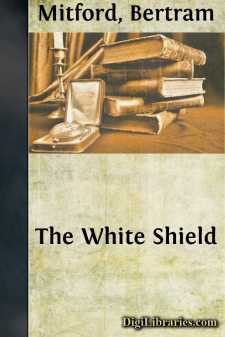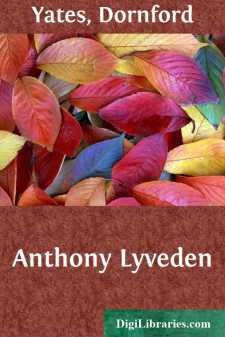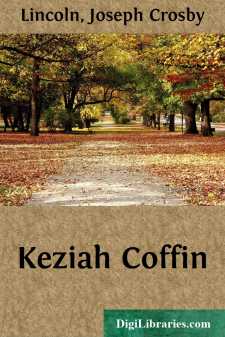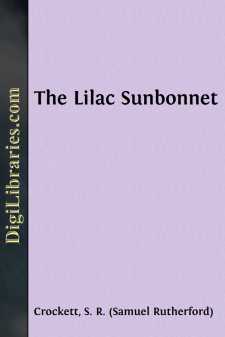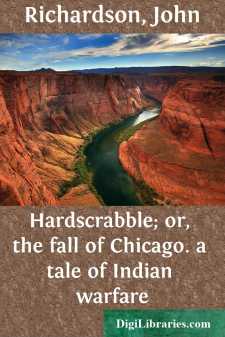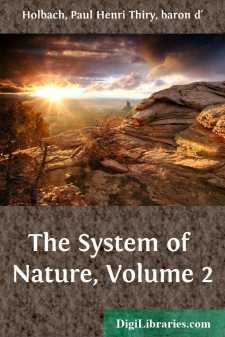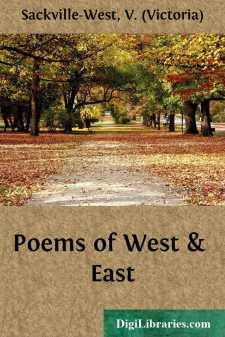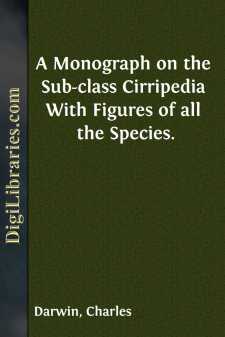Fiction
- Action & Adventure 183
- Biographical 15
- Christian 59
- Classics
- Coming of Age 5
- Contemporary Women 3
- Erotica 8
- Espionage/Intrigue 12
- Fairy Tales, Folklore & Mythology 236
- Family Life 169
- Fantasy 117
- Gay 1
- General 596
- Ghost 32
- Historical 808
- Horror 43
- Humorous 161
- Jewish 25
- Legal 4
- Medical 22
- Mystery & Detective 315
- Occult 1
- Political 49
- Psychological 41
- Religious 64
- Romance 160
- Sagas 11
- Science Fiction 730
- Sea Stories 113
- Short Stories (single author) 538
- Sports 10
- Suspense 1
- Technological 8
- Thrillers 2
- Urban Life 31
- Visionary & Metaphysical 1
- War & Military 173
- Westerns 199
Classics Books
Sort by:
by:
Bertram Mitford
Prologue. We were talking about Rorke’s Drift and of Kambúla, in the battles fought at which places these two warriors had borne arms. They were fine, tall, martial-looking Zulus, and both head-ringed. They carried small shields, and a perfect arsenal of assegais—beautifully-made weapons for the most part. With none of these, however, could they be induced to part. “What should you white people...
more...
by:
Dornford Yates
CHAPTER I THE WAY OF A MAN Major Anthony Lyveden, D.S.O., was waiting. For the second time in three minutes he glanced anxiously at his wrist and then thrust his hand impatiently into a pocket. When you have worn a wristwatch constantly for nearly six years, Time alone can accustom you to its absence. And at the present moment Major Lyveden's watch was being fitted with a new strap. The pawnbroker...
more...
by:
Roger Dee
The third night of the Marco Four's landfall on the moonless Altarian planet was a repetition of the two before it, a nine-hour intermission of drowsy, pastoral peace. Navigator Arthur Farrell—it was his turn to stand watch—was sitting at an open-side port with a magnoscanner ready; but in spite of his vigilance he had not exposed a film when the inevitable pre-dawn rainbow began to shimmer...
more...
CHAPTER I IN WHICH KEZIAH HEARS TWO PROPOSALS AND THE BEGINNING OF A THIRD Trumet in a fog; a fog blown in during the night by the wind from the wide Atlantic. So wet and heavy that one might taste the salt in it. So thick that houses along the main road were but dim shapes behind its gray drapery, and only the gates and fences of the front yards were plainly in evidence to the passers-by. The beach...
more...
CHAPTER I. THE BLANKET-WASHING. Ralph Peden lay well content under a thorn bush above the Grannoch water. It was the second day of his sojourning in Galloway—the first of his breathing the heather scent on which the bees grew tipsy, and of listening to the grasshoppers CHIRRING in the long bent by the loch side. Yesterday his father's friend, Allan Welsh, minister of the Marrow kirk in the...
more...
by:
John Richardson
CHAPTER I. It was on a beautiful day in the early part of the month of April, 1812, that four persons were met in a rude farm-house, situated on the Southern Branch of the Chicago river, and about four miles distant from the fort of that name. They had just risen from their humble mid-day meal, and three of them were now lingering near the fire-place, filled with blazing logs, which, at that early...
more...
CHAP. I. The Origin of Man's Ideas upon the Divinity. If man possessed the courage, if he had the requisite industry to recur to the source of those opinions which are most deeply engraven on his brain; if he rendered to himself a faithful account of the reasons which make him hold these opinions as sacred; if he coolly examined the basis of his hopes, the foundation of his fears, he would find...
more...
FOR *** NO eyes shall see the poems that I write For you; not even yours; but after long Forgetful years have passed on our delight Some hand may chance upon a dusty song Of those fond days when every spoken word Was sweet, and all the fleeting things unspoken Yet sweeter, and the music half unheard Murmured through forests as a charm unbroken. It is the plain and ordinary...
more...
CHAPTER I THE TRUST The long clatter of an irregular volley of musketry rattled warningly from the naked mountain ridges; over a great grey shoulder of rock the sun sank in a splendid opal glow; from very near at hand came the clatter of tin cups and the sound of a subdued British laugh. And in the room of the Brigadier-General a man lifted his head from his hands and stared upwards with unseeing,...
more...
by:
Charles Darwin
PREFACE. My duty, in acknowledging the great obligations under which I lie to many naturalists, affords me most sincere pleasure. I had originally intended to have described only a single abnormal Cirripede, from the shores of South America, and was led, for the sake of comparison, to examine the internal parts of as many genera as I could procure. Under these circumstances, Mr. J. E. Gray, in the most...
more...


